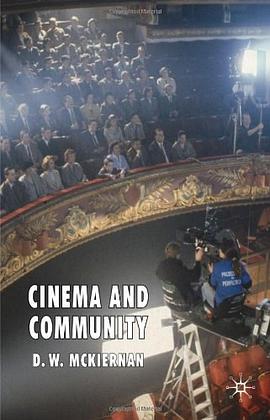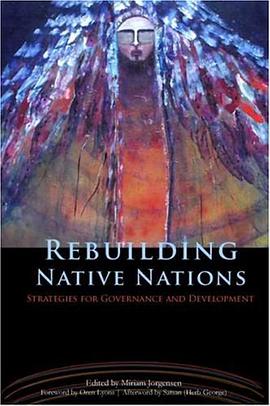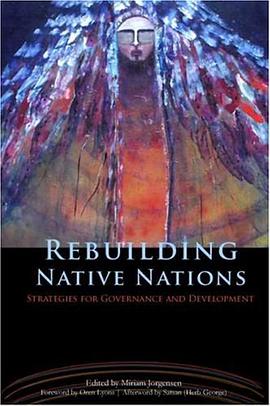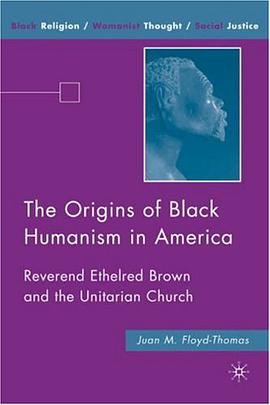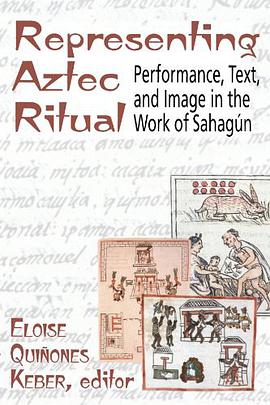

具体描述
This book tells the story of the search by the Zuni people for a culturally relevant public institution to help them maintain their heritage for future generations. Using a theoretical perspective grounded in knowledge systems, it examines how Zunis developed the A: shiwi A: wan Museum and Heritage Center to mediate between Zuni and Anglo-American values of history and culture. By using in-depth interviews, previously inaccessible archival records, and extensive ethnographic observations, Gwyneira Isaac provides firsthand accounts of the Zunis and non-Zunis involved in the development of the museum. These personal narratives provide insight into the diversity of perspectives found within the community, as well as tracing the ongoing negotiation of the relationship between Zuni and Anglo-American cultures. In particular, Isaac examines how Zunis, who transmit knowledge about their history through oral tradition and initiation into religious societies, must navigate the challenge of utilizing Anglo-American museum practices, which privilege technology that aids the circulation of knowledge beyond its original narrators. This book provides a much-needed contemporary ethnography of a Pueblo community recognized for its restrictive approach to outside observers. The complex interactions between Zunis and anthropologists explored here, however, reveal not only Puebloan but also Anglo-American attitudes toward secrecy and the control of knowledge.
作者简介
目录信息
读后感
评分
评分
评分
评分
用户评价
相关图书
本站所有内容均为互联网搜索引擎提供的公开搜索信息,本站不存储任何数据与内容,任何内容与数据均与本站无关,如有需要请联系相关搜索引擎包括但不限于百度,google,bing,sogou 等
© 2026 book.wenda123.org All Rights Reserved. 图书目录大全 版权所有





